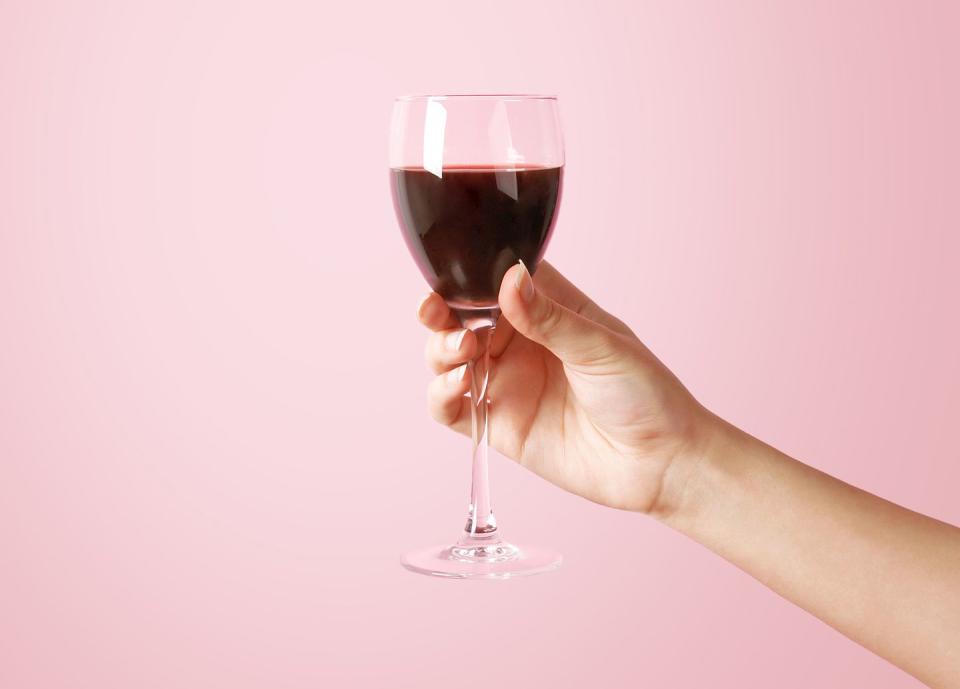How to tell if you could be a functioning alcoholic

Alcohol is a huge part of our social culture, and Brits in particular are known to drink in excess. But how do you know when your love of a good time has started to spiral out of control, and you're entering the realms of being a functional alcoholic?
You might not wake up gasping for a can of cider, or require alcohol to physically stop your shakes and intense nausea - just some of the signs of alcohol dependency - but if you sustain high levels of drinking, there's a chance you may fall under the category of being a functional alcoholic. Many people who do often successfully hold down high-powered jobs, with alcohol being part of their working culture.
Dr Iqbal Mohiuddi, a consultant psychiatrist at 25 Harley Street Day Clinic, told Healthista about the signs. One method of determining whether somebody is a functioning alcoholic is to use the acronym CAGE to ask yourself a series of questions related to your alcohol habits.
Questions to ask yourself:
C – Cutting down: Have you ever thought you should cut down on your drinking?
A – Annoyance: Do you ever get annoyed or angry when people tell you about your drinking?
G – Guilt: Do you feel guilty about your drinking or any aspect of its effects on yourself or other people?
E – Eye-opener: Do you feel the need to have a drink to feel better, especially in the mornings to calm your nerves.
What's interesting is that, according to Dr Iqbal, you don't have to answer yes to all four questions to have a problem. "If one or two of those are answered positively, it’s highly suggestive you could have a problem with alcohol," the expert said.
He did, however, point out that these questions shouldn't scare you. Some of the questions are very subtle signs, and you may answer yes without having an issue - but it's being aware and considering whether there really is a problem that is taking hold.

"The tipping point is usually when someone loses, or faces a very real fear of losing, someone they love because of their drinking," said the psychiatrist, adding: "It’s almost always the thing that brings people to us."
If you do believe you've got a problem, Dr Iqbal recommended primarily being honest with yourself. From there, you can take other steps such as keeping a drinking diary, analysing your drunk behaviour, and seeking help from medical experts or therapy groups if you feel that's what's necessary to help you move away from your functional dependency on alcohol.
Remember: lying to your doctor about how many units you drink a week doesn't automatically equate to having a problem (I mean, come on, who doesn't do this?) - so don't panic. But if it goes much deeper than that, maybe it's time to start reconsidering whether your social drinking is really just a social habit, or if it's the beginnings of dependency.
Follow Cat on Twitter.
('You Might Also Like',)


